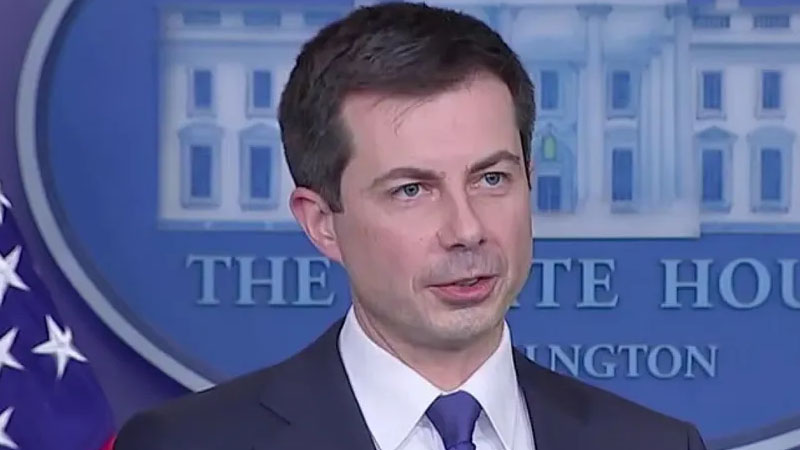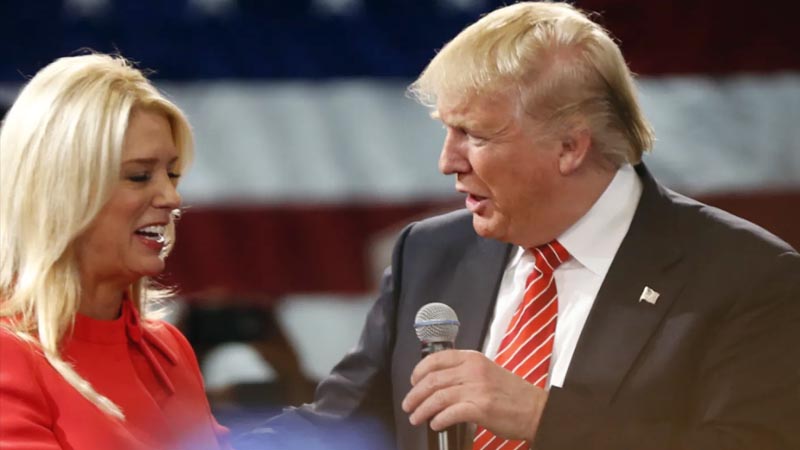Trump’s Madison Square Garden Rally Draws Controversy Amid Historical Comparisons

[Justin Lane/Pool via AP Photo]
Donald Trump’s upcoming rally at Madison Square Garden on October 27, just days before the election, has sparked heated debate, with critics drawing unsettling parallels to a notorious pro-Nazi event held at the same venue over 80 years ago. The controversy has prompted political figures and commentators to reflect on the history of political gatherings at the iconic arena.
Veteran Democratic strategist James Carville didn’t hold back when discussing Trump’s rally. “I didn’t know that he was going to schedule a rally at Madison Square Garden to mimic the Nazi rally of February 10, 1939,” Carville remarked on MSNBC’s Inside with Jen Psaki. While he misstated the date, Carville was referencing the pro-Hitler gathering organized by the German American Bund on February 20, 1939, which attracted 20,000 attendees.
The 1939 rally famously featured a portrait of George Washington flanked by swastikas, with a speech declaring that Washington would have been a friend of Adolf Hitler. This disturbing historical imagery has fueled comparisons between that event and Trump’s upcoming rally.
New York State Senator Brad Hoylman-Sigal voiced his concerns on social media, writing, “Allowing Trump to hold an event at MSG is equivalent to the infamous Nazis rally at Madison Square Garden on February 20, 1939.” He went on to urge the venue to cancel Trump’s event “for the good of NYC and its residents.”
However, Republicans quickly condemned these comparisons. New York State Senator Rob Ortt called it “a disgusting comparison” and a “gross escalation of the dangerous rhetoric in the wake of two direct attempts on President Donald Trump’s life,” referring to recent threats against the former president. The controversy surrounding Trump’s rally goes beyond the venue choice, as some have raised concerns about his increasingly charged language.
Carville, in his remarks, expressed alarm over Trump’s rhetoric, warning that it mirrors the dangerous language used during the Third Reich. “They have promised military roundups. They’ve promised the gates of hell will reign on their enemies,” Carville cautioned, urging viewers to take note of Trump’s inflammatory statements, as per the Daily Beasts.
In recent interviews, Trump’s comments have raised eyebrows. During a Fox News appearance, he suggested deploying the National Guard or military to address potential unrest on Election Day. “It should be very easily handled by, if necessary, by National Guard, or if really necessary, by the military,” Trump said when discussing the possibility of chaos at polling stations.
Halie Soifer, CEO of the Jewish Democratic Council of America, also criticized Trump’s associations and rhetoric. “Trump refused to condemn white supremacy and instead incited right-wing extremists to engage in an insurrection, and aligned with and dined with Holocaust deniers and neo-Nazis,” she said, as reported by Politico.
This debate is taking place amid shifting political dynamics in New York, where both parties are locked in a fierce battle for control of suburban districts that flipped Republican in 2022. Additionally, Jewish voters in New York City are reevaluating their political allegiances in light of the ongoing conflict in the Middle East, as reported by The Guardian.
As the controversy around Trump’s rally grows, it highlights the deep divisions in American politics and the power of historical symbolism in shaping public discourse.


